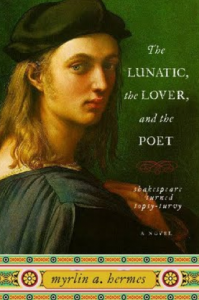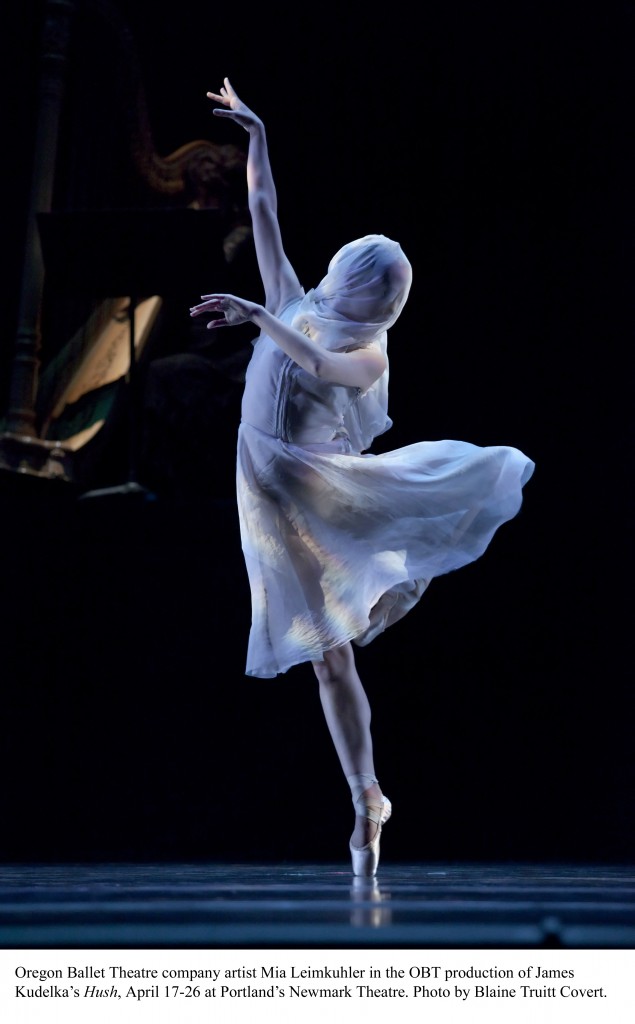By Bob Hicks
Mr. Scatter has a theory: William Shakespeare wrote the plays of William Shakespeare. Not that it matters all that much — the play, not the playwright, really is the thing — but there you are.
The subject comes up now for a couple of reasons.
![Title page of the First Folio, by William Shakespeare, with copper engraving of the author by Martin Droeshout. Image courtesy of the Elizabeth Club and the Beinecke Rare Book & Manuscript Library, Yale University. [1] Date 1623(1623) Source Beinecke Rare Book & Manuscript Library, Yale University [2] Author William Shakespeare; copper engraving of Shakespeare by Martin Droeshout Title page of the First Folio, by William Shakespeare, with copper engraving of the author by Martin Droeshout. Image courtesy of the Elizabeth Club and the Beinecke Rare Book & Manuscript Library, Yale University. [1] Date 1623(1623) Source Beinecke Rare Book & Manuscript Library, Yale University [2] Author William Shakespeare; copper engraving of Shakespeare by Martin Droeshout](http://www.artscatter.com/wp-content/uploads/2011/05/title_page_william_shakespeares_first_folio_1623-189x300.jpg) First, Mr. Scatter has been talking of late with the talented actor Michael Mendelson, who is deep in the process of preparing for the first production of his new company, the Portland Shakespeare Project. We’ll have more on that fascinating summer’s tale very soon.
First, Mr. Scatter has been talking of late with the talented actor Michael Mendelson, who is deep in the process of preparing for the first production of his new company, the Portland Shakespeare Project. We’ll have more on that fascinating summer’s tale very soon.
Second, Mr. Shakespeare/Shakspere/Shakspur/Shake-speare/Shagspere recently celebrated (or rather, was celebrated on the occasion of) his four hundred forty-seventh birthday, a party crashed by a small yet growing chorus of naysayers who claim he was nothing but a front man for the real author of the poems and plays.
Although Mr. Scatter does not believe he falls into the category of Shakespeare idolizer, he does believe that Father Okham’s principle should be applied here. The simplest answer seems to be that the man whose name is on the title page actually is the author. The burden of proof that some other unknown person, for reasons of intricate subterfuge, instead hired Shagspur as a screen must fall on those making the claim, and despite its academic fashionability it’s an exceedingly difficult proposition to accept. Mr. Scatter has adopted the Theory of Simple Authorship not just because several pretenders to the throne, if they were actually writing some of the plays, were doing so under the misfortunate handicap of being dead, or because a small-town grammar school education in the late 1500s was a tad more rigorous than today (did you take Latin, even when you were in college?), or because of internal consistencies or inconsistencies in the scripts (it’s true, the plays have a sometimes tenuous grasp on the finer points of geography), or because the playwright did or didn’t know or should or shouldn’t have known a rat’s behind about the intrigues of court life, social-climbing little commoner that he was.
No, Mr. Scatter has concluded that Wm Shkspr wrote Wm Shkspr because Shakespeare was an actor. The plays scream out this simple fact. No minor-league lord of the realm, let alone major-league lady (some anti-Stratfordians have posited that Good Queen Bess herself took the “Shakespearean” pen in hand) could have understood the inner workings of the theater so completely unless he or she at some point had run away and joined the Elizabethan equivalent of the circus, and with apologies to the champions of that powdered sophisticate Edward de Vere, evidence is less than scant of that.
Mr. Scatter concedes that proletarian politics play into his determination. If Wm Shagspere was a commoner, so is Mr. Scatter, and at least an ounce of class solidarity goes into his pound of persuasion. Mr. Scatter bristles at the notion that a commoner could not possibly have created the artistic astonishment that is the Shakspeherian canon: He believes that genius strikes where genius strikes, and like a cold bug, it will strike where it wants.
Of course, Mr. Scatter isn’t dogmatic on the subject, and he doesn’t hold a grudge. He believes the anti-Stratfordians are good people at heart (goodness, he even knows a few) and thinks they should feel free to wander happily in their conspiratorial woods.
Pursued by a bear.
*
Title page of the First Folio, 1623, by William Shakespeare, with copper engraving of the author by Martin Droeshout. Image courtesy of the Elizabeth Club and the Beinecke Rare Book & Manuscript Library, Yale University. Wikimedia Commons.

 Up to now Mr. Scatter has stayed out of the fray over the
Up to now Mr. Scatter has stayed out of the fray over the  All very manly. But Mr. Scatter would like to offer you as an alternative pastime a chance to read his
All very manly. But Mr. Scatter would like to offer you as an alternative pastime a chance to read his 
 Yes, charmed. And I thought, this is policymaking outside the channels of policy. Here, in Obama, is a man utterly at ease inside his own skin. That’s why people respond to him. Because he’s comfortable with himself.
Yes, charmed. And I thought, this is policymaking outside the channels of policy. Here, in Obama, is a man utterly at ease inside his own skin. That’s why people respond to him. Because he’s comfortable with himself.